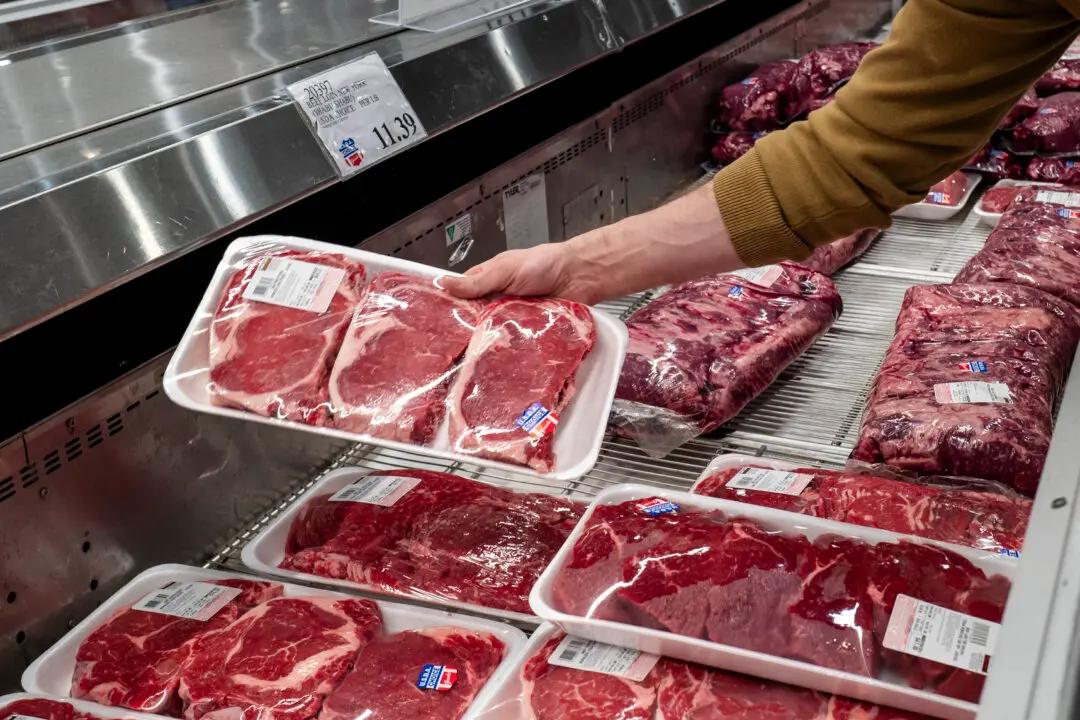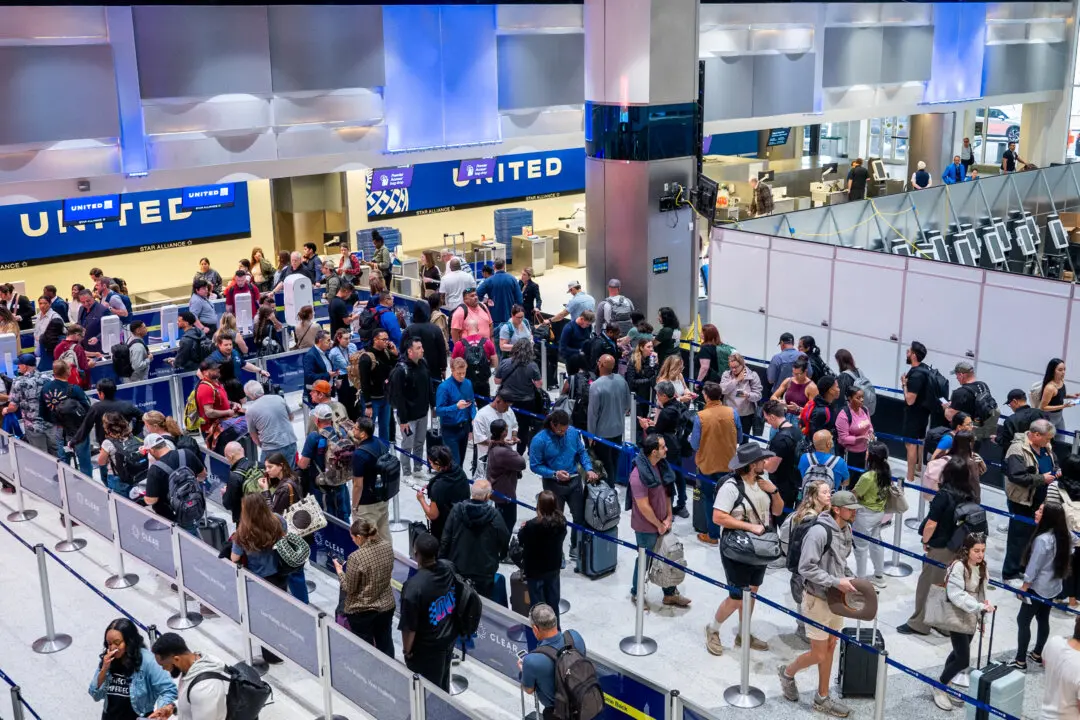Egg prices are dropping in the United States, pushing highly pathogenic avian influenza out of the political and economic spotlight. However, the disease won’t likely be cowed by the temporary reprieve, health experts have warned.
“I keep hearing a sort of a hope, a wish, and perhaps a belief ... that this is going to blow over,” Jennifer Nuzzo, the director of the Pandemic Center at Brown University School of Public Health, said at a panel focused on the U.S. experience with H5N1 bird flu. “I’m here to say that it’s not going to blow over somehow, that this is really a long-term situation that we have to deal with.”





